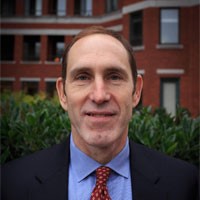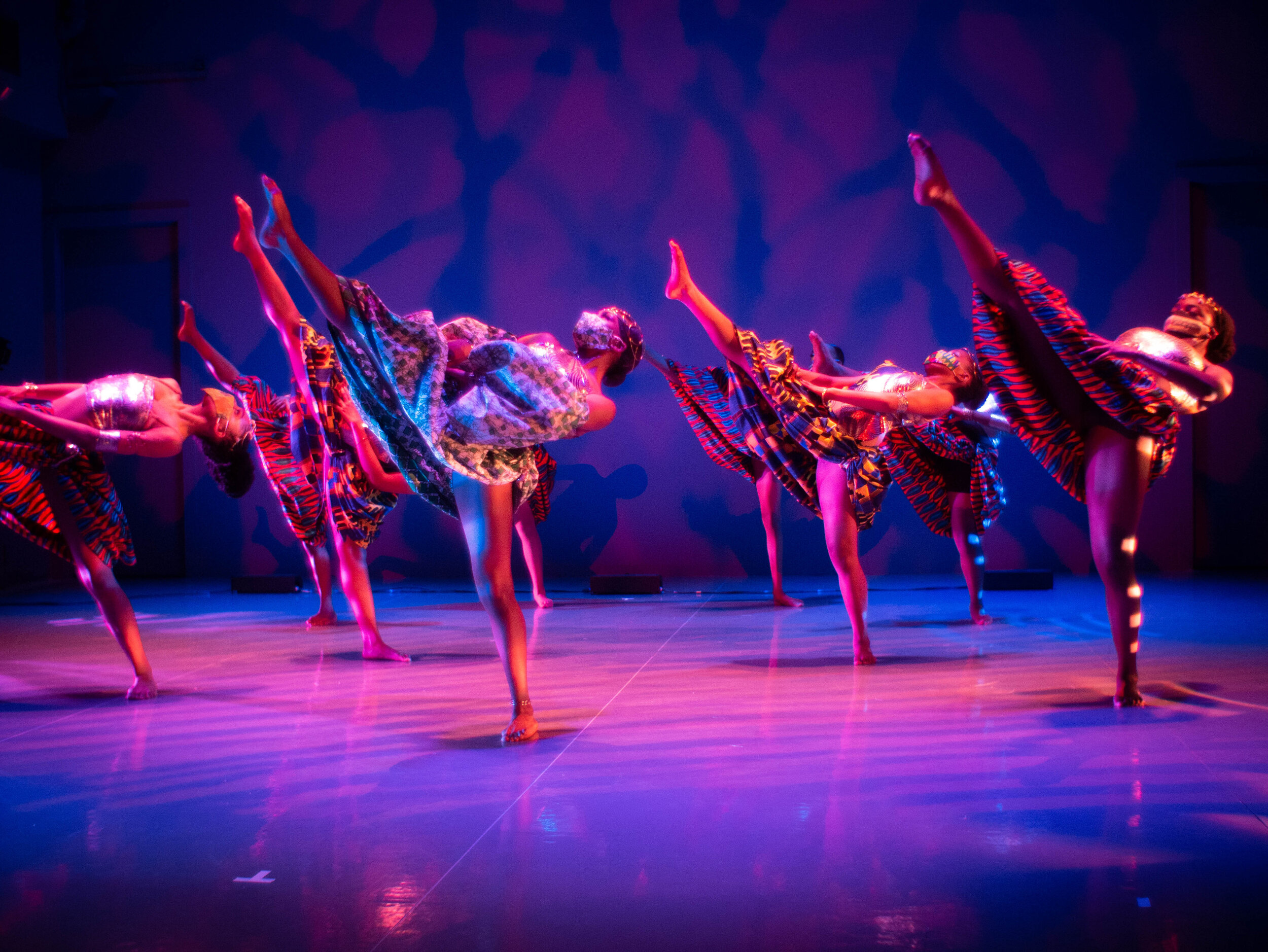We are thrilled to welcome Darcelle Wilson as our new Senior Director for Prince George’s County.
Darcelle brings deep expertise in fundraising and community engagement. Darcelle has worked with some of the leading nonprofit organizations in our region including Chesapeake Bay Foundation, Salvation Army, Habitat for Humanity, and University of Maryland. She’s helped raise millions of dollars to address community needs, and we couldn’t be more excited that she has joined our team.
As the new Senior Director in Prince George’s County, Darcelle will work with donors to explore opportunities for achieving their philanthropic goals and facilitating their commitment on critical community issues affecting county residents. She will also prioritize developing and deepening relationships with community leaders and organizations throughout the county.
This leadership change in Prince George’s County is occurring because our beloved colleague Amina Anderson is leaving The Community Foundation after 14 years to spend more time with family and friends and work on special projects.
Our President and CEO Tonia Wellons shared, “Amina’s contributions to the Greater Washington Community Foundation have been numerous. She started as a program lead in Prince George’s County, then shifted to working with and understanding the priorities of our DC-based fundholders, before returning to Prince George’s County two years ago and elevating our presence there. Amina moves seamlessly with a keen thoughtfulness and quiet power that is incredibly valued and will be sorely missed.”
Please join us in welcoming Darcelle Wilson and wishing Amina Anderson all the best on her new adventures!




























